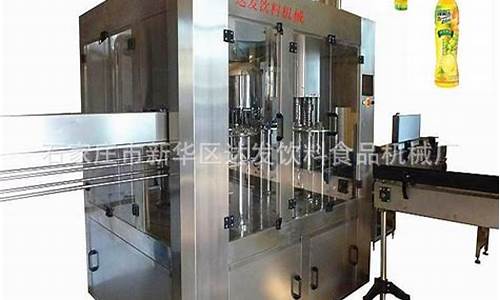In the realm of beverage production, the demand for efficient and reliable equipment is crucial, particularly in the realm of herbal tea. This article delves into the factors influencing the pricing of herbal tea filling equipment, providing insights valuable for industry professionals and entrepreneurs alike.
Factors Influencing Pricing
The cost of herbal tea filling equipment can vary significantly based on several key factors. Firstly, the production capacity plays a pivotal role. Higher capacity machines capable of filling more bottles per minute naturally come at a higher price point due to their advanced engineering and larger size. Additionally, the level of automation integrated into the equipment affects pricing. Fully automated systems that minimize human intervention during the filling process tend to be more expensive than semi-automated or manual alternatives.

Technological Specifications
Another determinant of cost is the technological specifications of the equipment. Modern herbal tea filling machines often feature state-of-the-art technologies such as precision filling mechanisms, integrated cleaning systems, and IoT capabilities for remote monitoring and control. These advanced features not only enhance operational efficiency but also contribute to the overall price tag of the equipment.
Material Quality and Durability
The materials used in the construction of filling equipment significantly impact its longevity and maintenance requirements. Equipment crafted from high-grade stainless steel or food-grade plastics tends to be more durable and corrosion-resistant, thus commanding a higher price due to reduced maintenance costs and longer service life.
Conclusion
In conclusion, the pricing of herbal tea filling equipment is influenced by a variety of factors including production capacity, level of automation, technological specifications, and material quality. For businesses looking to invest in such equipment, understanding these factors is crucial in making informed decisions that balance initial investment with long-term operational efficiency and reliability. By prioritizing these considerations, businesses can optimize their production processes and ensure the quality and consistency of their herbal tea products.






























